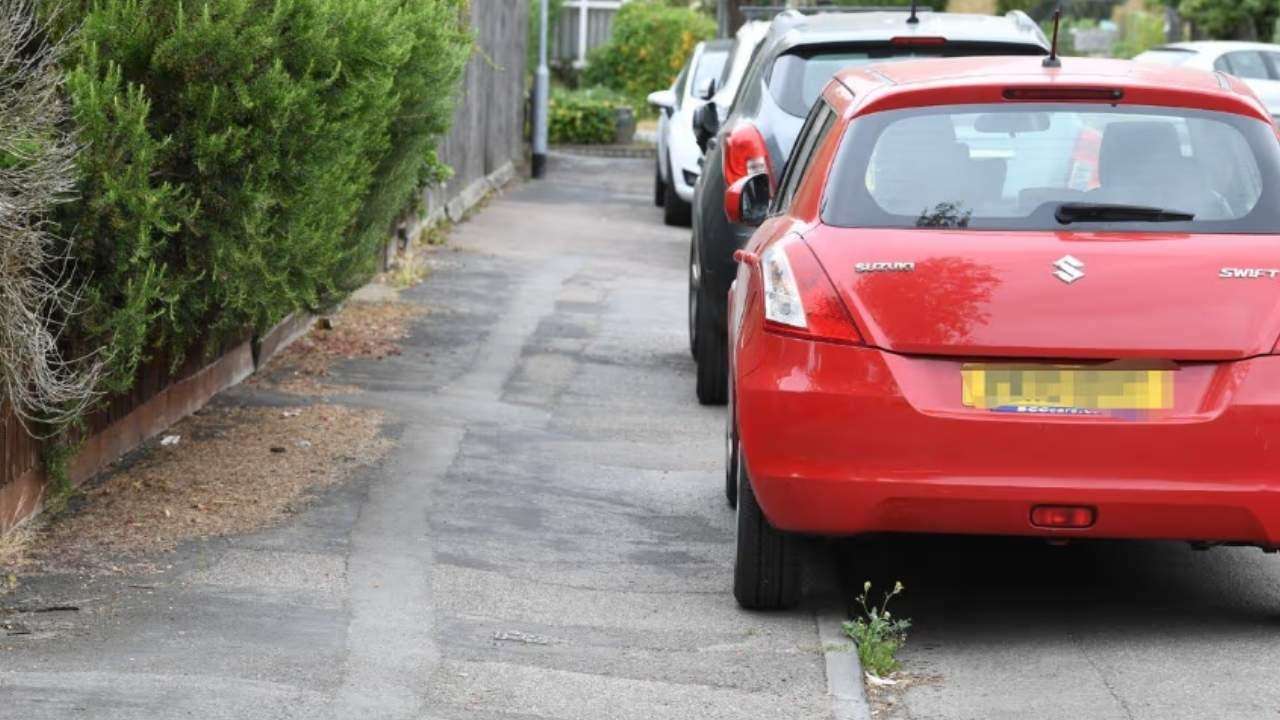The UK Home Office is preparing for a landmark overhaul of the nation's immigration system, with the new policy reportedly being modelled on some of the most stringent measures implemented in Europe: the Danish model. Home Secretary Shabana Mahmood has already dispatched officials to Copenhagen to study their border control and asylum framework, signaling an aggressive pivot in the government's approach to migration management. The move is aimed at creating stronger deterrents to unauthorised Channel crossings and making it easier to remove those without a right to remain.
The key Danish policies under intense review by UK officials suggest a significant toughening of existing rules across multiple visa categories. Among the most drastic changes is the potential introduction of temporary residency status for many refugees and asylum seekers, meaning their right to remain could be continually reviewed and revoked if their home country is deemed safe. The Danish system also demands that asylum seekers must be in full-time employment to achieve permanent settlement, with a notably extended duration required to acquire these rights.
Daily Dazzling Dawn Analysis: The Impending Visa Shockwave
The adoption of the Danish model, particularly its components on family reunification and settlement, represents the most substantial potential change to the UK's immigration landscape in years.
The Plan: The core strategy appears to be moving from a system of relatively easy paths to permanent residency (Indefinite Leave to Remain - ILR) to one predicated on prolonged temporary status and demonstrated economic contribution. For those arriving via legal routes, the process of settlement is expected to become significantly longer. Already, there are proposals to increase the standard qualifying period for ILR from the current five years to possibly ten years, making the journey to permanent status a decade-long commitment.
The Biggest Change: Beyond the asylum system, the rules on Family Reunification could see the most dramatic shift. UK officials are studying Danish rules which impose high barriers: both the sponsor in the UK and the partner joining must be at least 24 years old, the sponsor must not have claimed state welfare for a significant period (three years in Denmark's case), and both may be required to pass a demanding English (or Danish) language test. These rules go far beyond existing UK requirements and would constitute a seismic change for legal migration.
Impact on Visa Rules and Policies:
- Skilled Worker Visas: While the general work route remains crucial for the economy, the path to ILR will likely lengthen, making it a less attractive long-term prospect for international talent who prioritise stability.
- Settlement Rights (ILR): The default five-year path is highly likely to be replaced by a ten-year track, fundamentally changing the long-term planning for all newly arrived migrants on a route to settlement.
- Dependants: Tighter restrictions on dependants, following recent changes to care worker visas, could be expanded to other routes, potentially requiring dependants to prove English language proficiency from the outset.
The Disproportionate Impact on Newly Arrived Bangladeshi and Pakistani Communities
The potential changes could have a significant and disproportionate impact on newly arrived immigrant communities, particularly those from Bangladesh and Pakistan, who historically rely heavily on family-based visas and often enter the UK via work or student routes that have a pathway to settlement.
The most profound effect would stem from the stricter Family Reunification rules. Historically, a larger proportion of family visas have been issued to nationals from these countries compared to many others. By imposing higher age limits, stringent financial requirements (no welfare use), and demanding language proficiency for both applicant and sponsor, the government would be erecting formidable barriers for legitimate family migration. This could lead to prolonged or permanent separation of families, creating acute social and economic stress.
Furthermore, the extension of the ILR qualifying period to ten years would mean new arrivals from these communities, whether students or skilled workers, would face a much longer and more uncertain wait for secure status. This could negatively affect their long-term integration, access to finance, and sense of belonging, potentially exacerbating the feelings of insecurity already present due to continuous policy changes.
The proposal, which is reportedly causing a split among MPs, is framed by the Home Office as a necessary deterrent to illegal migration and a way to ensure new immigrants "contribute to this country." However, for newly arriving families and individuals from nations like Bangladesh and Pakistan, the Danish model represents a future of increased uncertainty, higher costs, and a significant challenge to the aspiration of building a permanent life in the United Kingdom.








.svg)


.jpg)